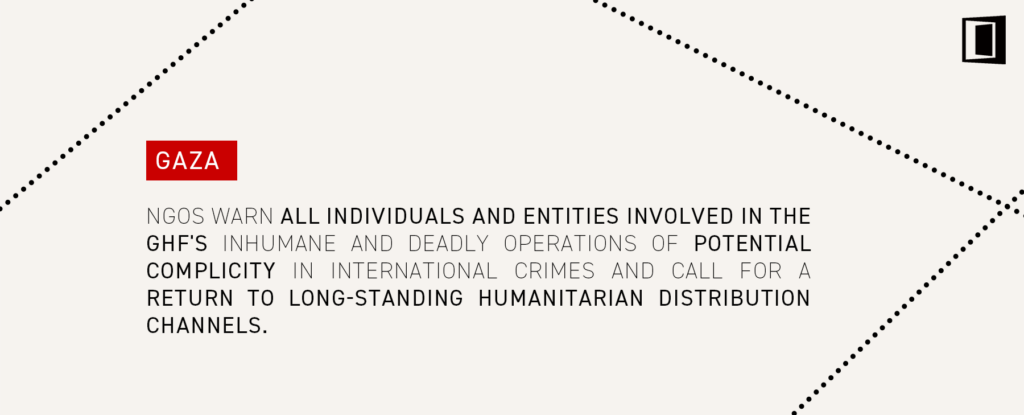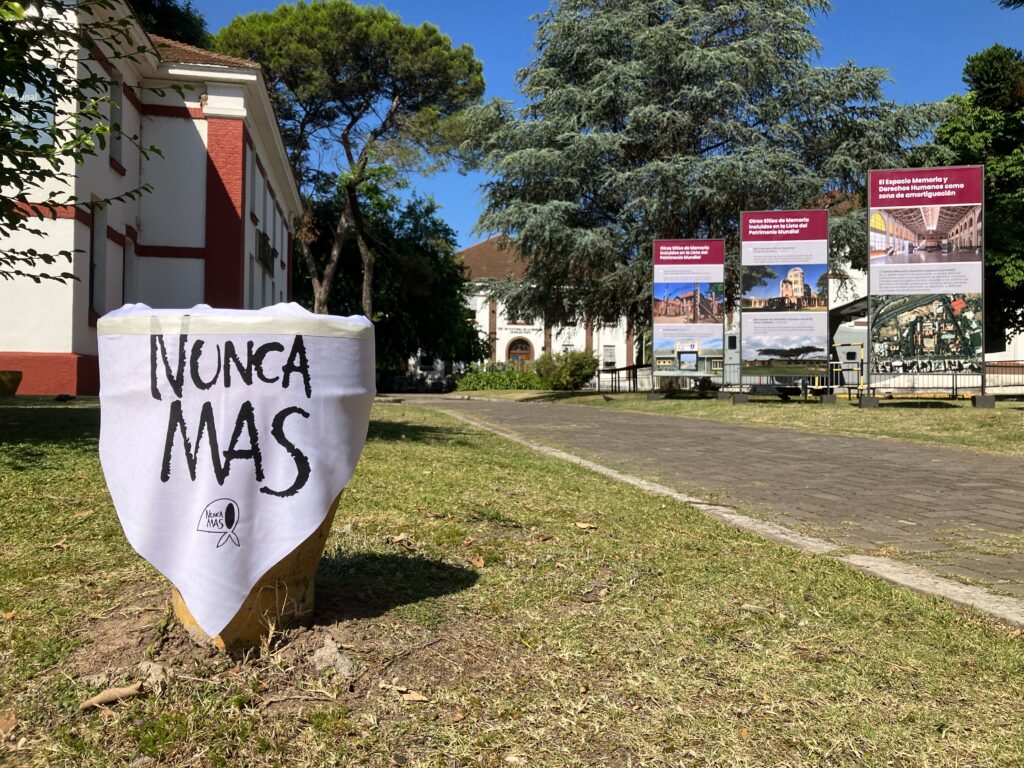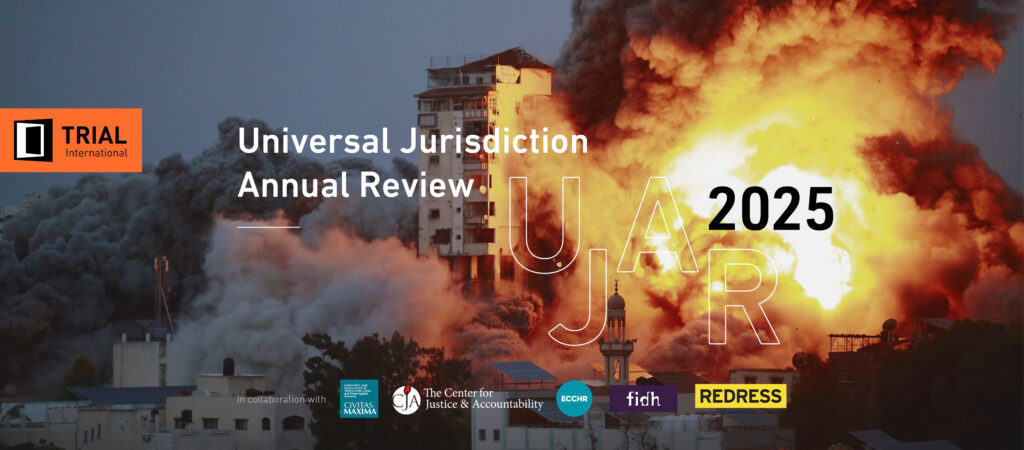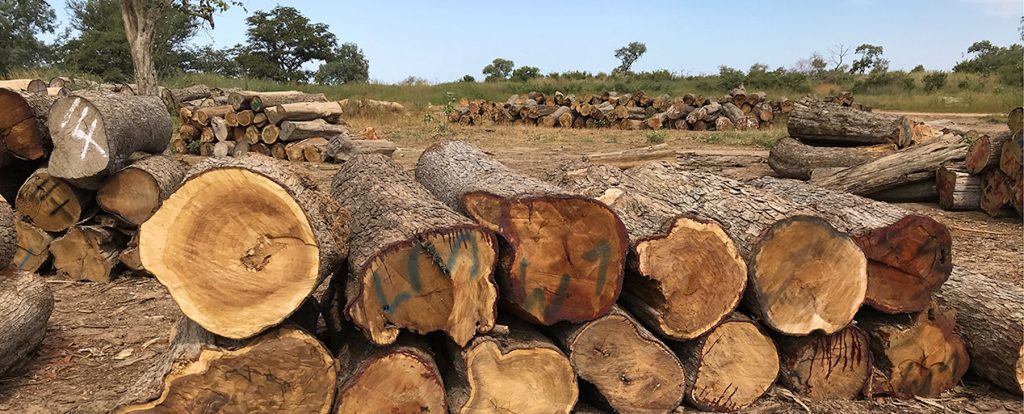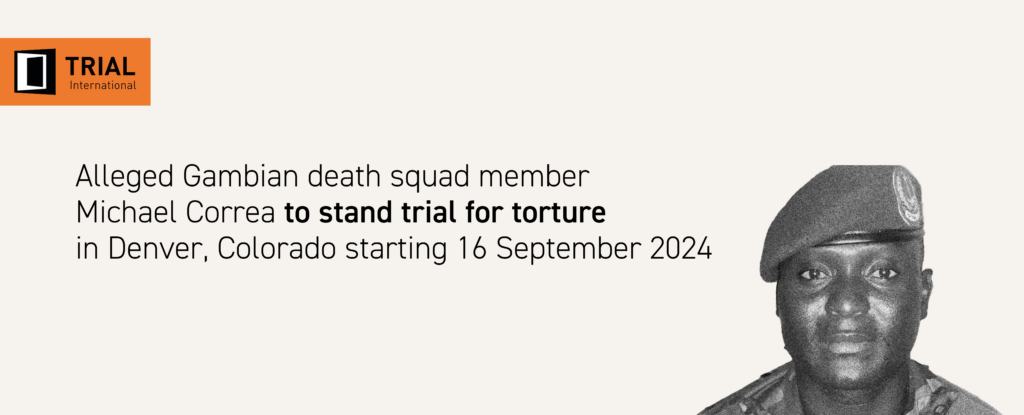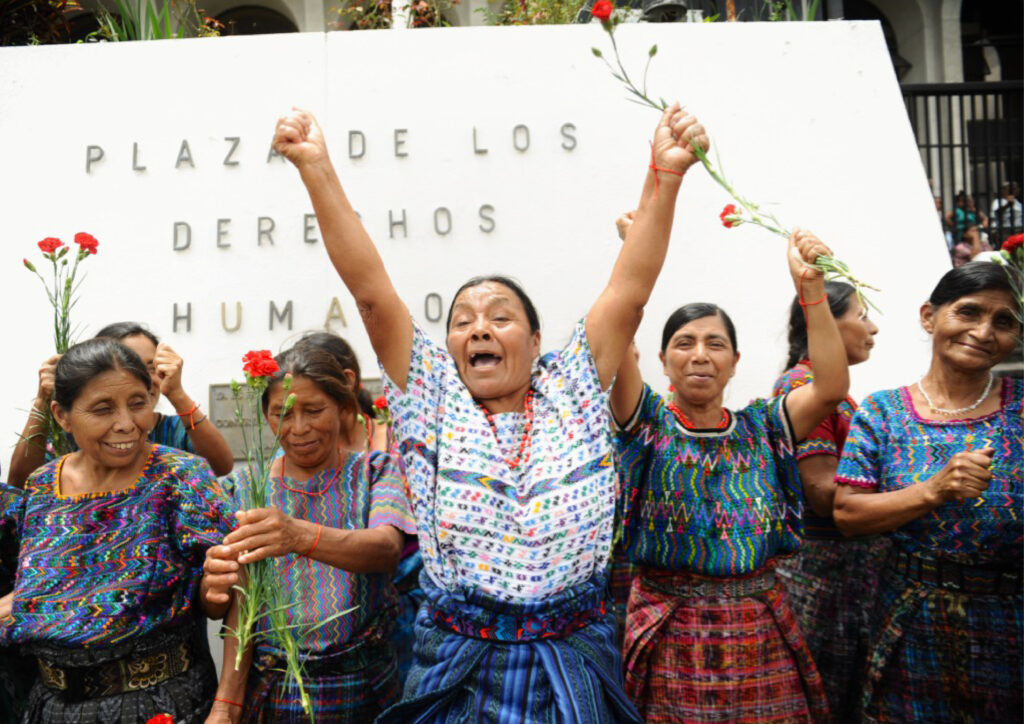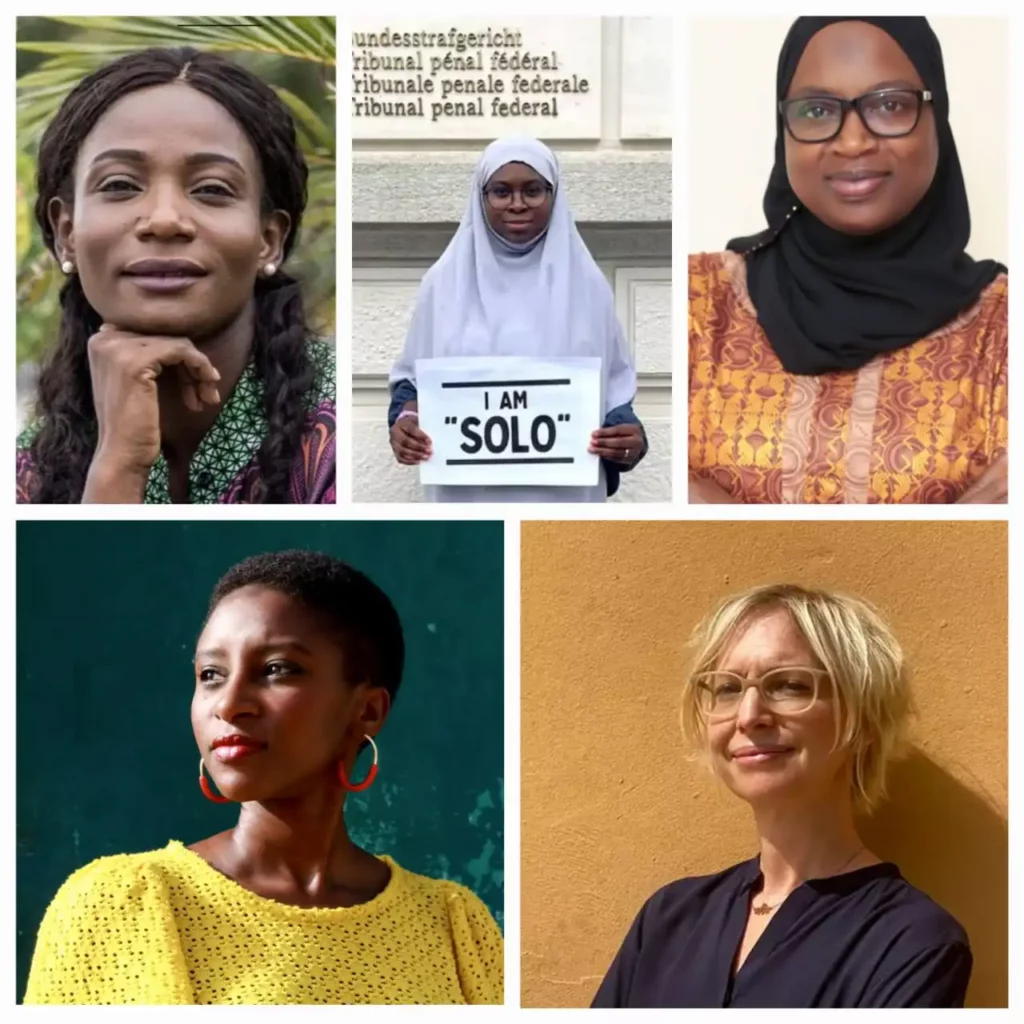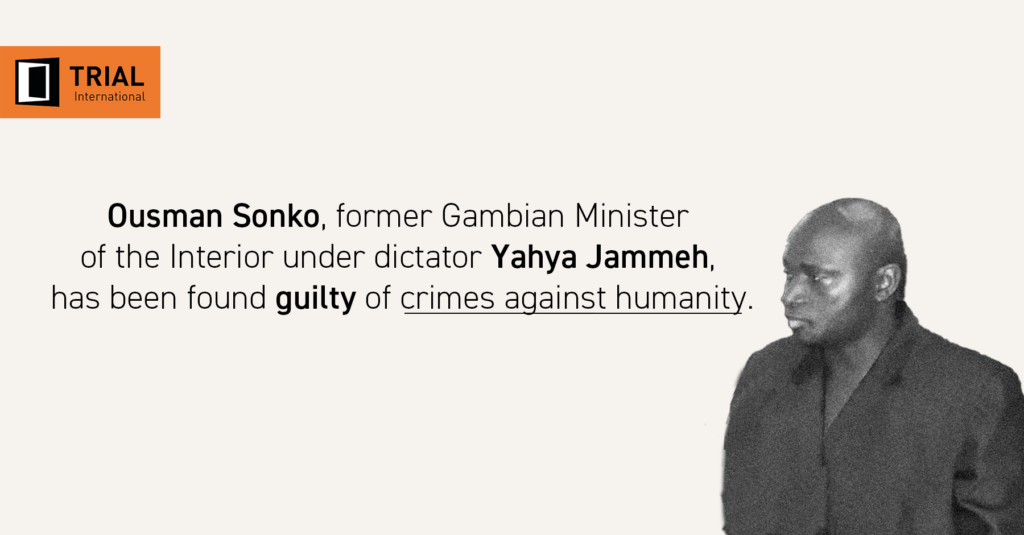Burundi before the ICC: is the complementarity assessment satisfied?
In a Communication to the International Criminal Court (ICC), TRIAL argues that Burundi is failing to investigate and punish grave abuses, and pushes for the ICC to open an investigation.
On 25 April 2016, the Office of the Prosecutor (OTP) of the ICC opened a preliminary examination on the situation in Burundi. Notwithstanding the fact that Burundi has in the meantime decided to withdraw from the ICC Statute – the withdrawal only takes effect one year later – the OTP is pursuing its preliminary examination to determine whether an investigation should be opened.
The principle of complementarity
In order to do so, the OTP has to assess, among other elements, what is called “complementarity”. According to this fundamental principle, States are primarily responsible for investigating international crimes and prosecuting perpetrators. The ICC only acts in complement to their action.
If the authorities have manifested total inaction, no further analysis is required: the complementarity test is indeed met. But opening national proceedings is not enough either: the State must prove it effectively carried out investigation and/or prosecution. If justice is purely formal, then the OTP may conclude to the State’s inability or unwillingness to proceed and declare the complementarity assessment satisfied. So where does Burundi stand in that spectrum?
Burundi’s repeated failure to prosecute
In a confidential Communication submitted to the OTP, TRIAL International cast a light on Burundi’s inaction or unwillingness to genuinely investigate and prosecute a sample of cases the organization documented. Because of the nature of the crimes, those case would fall prima facie under the jurisdiction of the Court.
In most of the cases documented by TRIAL International, Burundi’s relevant authorities, notwithstanding the knowledge of the alleged crimes, have failed to take action altogether.
For instance, M. P. (real name withheld), a serviceman of the National Defence Forces, was arrested in August 2015. He spent more than a month in governmental facilities, where he was tortured, before being transferred to prison. The same month, he denounced these treatments before a prosecution officer and once again before judges in a public hearing. In spite of the clear knowledge of the facts, 19 months after the denunciations no investigation has been opened.
Formal actions change nothing
Sometimes – usually as a result of external actors’ pressure – investigations are formally opened. But even in those cases, no further steps are carried out.
O. S. (real name withheld) was arrested by members of the police and Imbonerakure and disappeared right afterwards. Under media pressure, and after the first complaint was “lost”, the prosecutor formally opened a file in January 2017. Since then, nothing has moved, despite regular visits and complaints from the victim’s lawyer. No inquiry has established the fate of O.S. and the criminals are still at bay.
The authorities’ failure to effectively investigate and prosecute crimes, even when formal steps are taken, could not be clearer. Thousands of victims remain dependant on a broken justice system where impunity is the norm. This could change if the OTP considered it could open an investigation, and potentially lead to the opening of a trial.

